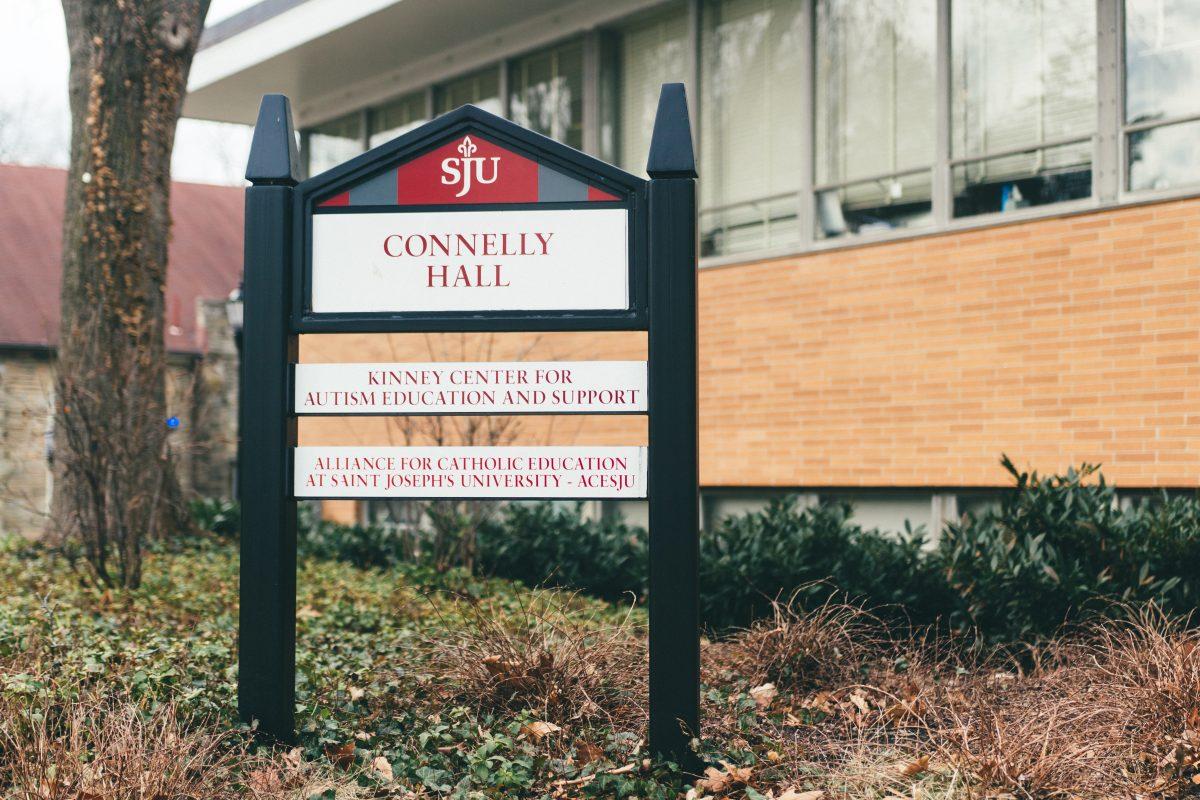Medicaid waivers for people with disabilities facing funding cuts
The Tax Cuts and Jobs Act passed in December 2017, part of the government’s plans for budget reduction, will likely result in cuts to Medicaid funds which pay for services for many of the adult clients in the Kinney Center for Autism Education and Support.

The ten-year deficit of the budget around this tax plan is capped at $1.5 trillion, as per the House and Senate budget resolutions. The Congressional Budget Office is concerned about the cancellation of budgetary resources that is aligned with 2010 law that was passed to avoid deficit growth. This provision within the tax law means that spending must be cut back so the deficit does not increase past $1.5 trillion.
With such a high a price tag, according to Anne Yanikov, director of advocacy and government affairs with the Arc of Pennsylvania, the government is likely to cut funding for welfare programs in order to make room in the federal budget, which is creating stress among citizens with disabilities.
“Our biggest concern with the taxation bill is that it would increase deficit to $1.5 trillion,” Yanikov said. “So historically speaking, it is likely that Medicaid will face cuts.”
With the new tax plan, the Center on Budget and Policy Priorities shows that funding cuts are slated to be even higher than they were in the American Health Care Act that did not pass through the Senate. Most concerning for the disability community are potential cuts to Medicaid and Medicare. The Kinney Center is a provider of services based on waivers that adults receiving services apply for independently through the state’s Department of Human Services.
“The state has a waiver for individuals with disabilities and will pay for them to get services once they have aged out of high school at 21,” said Abigayle Jayroe, the Kinney Center’s director of operations.
According to Jayroe, the Kinney Center adult learner program grew from one client two years ago, to now serving nine clients, with a waiting list of approximately nineteen people. Once funding from the school district ends at age 21, they can then receive funding through Medicaid waivers that allow the center to continue services without financially draining parents.
Alexa Musumeci, the Kinney Center’s Assistant Director of Program Support, said two different waivers provide Medicaid funding for the adults receiving autism support services, the Person/Family Directed Support (P/FDS), which is capped at $30,000, and the Consolidated waiver.
“If they cut back, both of those could be scaled down,” Musumeci said. “The $30,000 could decrease and the Consolidated could go away.”
Since the Kinney Center is not a state-run agency, cuts to Medicaid will not shut down the Kinney Center. However, cuts to the P/ FDS and Consolidated waivers would mean that adults benefiting from Kinney programming would lose some of the services they receive or be forced to pay out of pocket to keep the same level of services. People across the state and the nation with disabilities will face a similar problem if Medicaid is cut to the extent laid out in the tax plan.
The Arc of Pennsylvania, an organization that serves and organizes advocacy for people with disabilities, has also expressed concerns about the potential implications of the Tax Act.
As was seen during protests of the American Health Care Act organized by ADAPT (a disability rights organization) outside of Sen. Mitch McConnell’s (R-KY) office over the summer, people with disabilities are willing to fight for their access to healthcare.
“Throughout our membership, we have been sought out about concerns,” Yanikov said. “People have contacted us asking how it will affect them and how to take action.”
For many people with disabilities, Medicaid is the reason healthcare and assistive services are affordable. In addition to medical care, Medicaid funds community care organizations and day programs, cuts the cost of assistive technology, and supports state initiatives to shut down institutions in favor of community care.








































